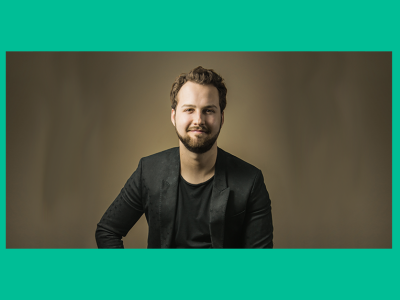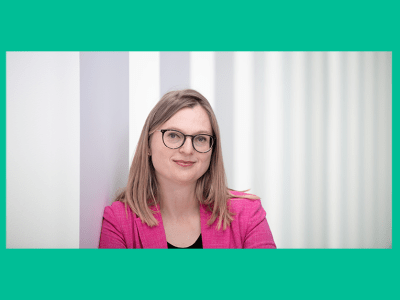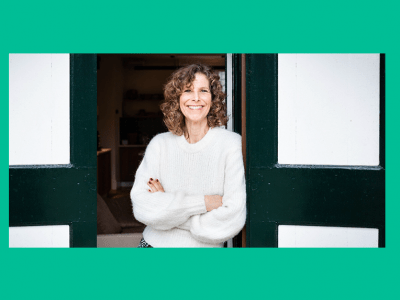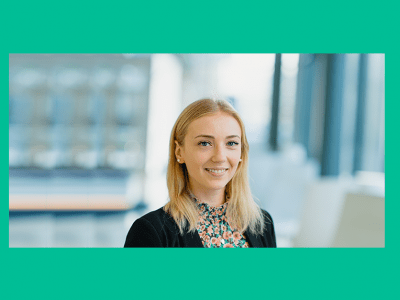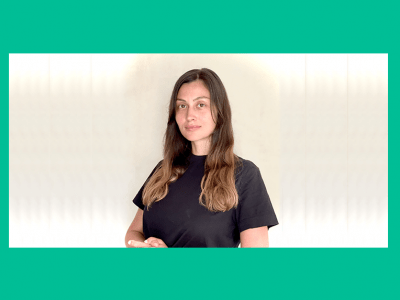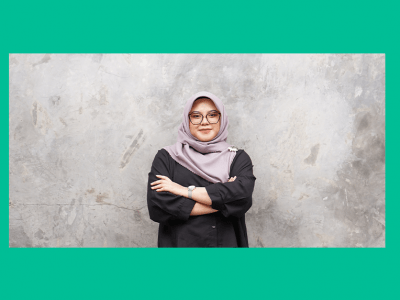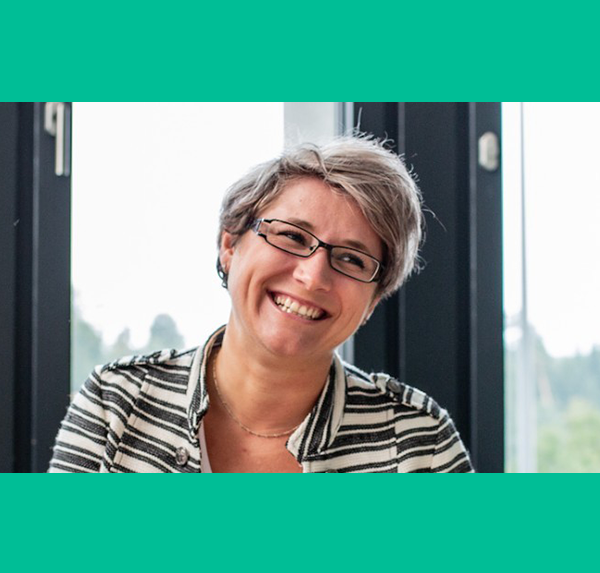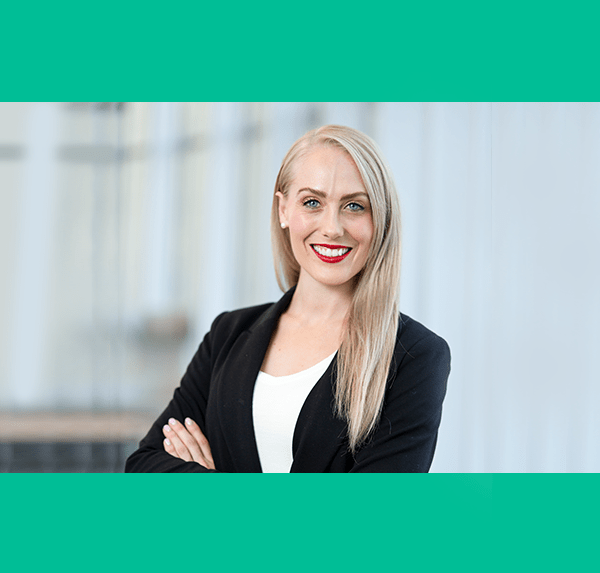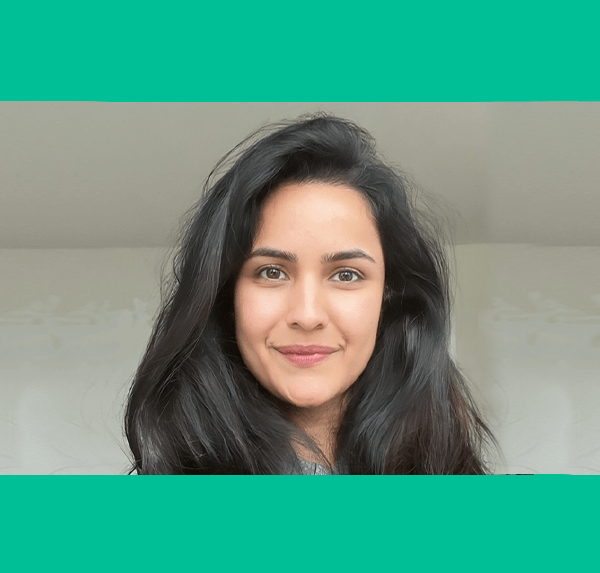EU Alumna Nathaly Eiche, Brand Manager Teens at Coca-Cola Austria
EU alumna Nathaly Eiche is Brand Manager Teens at Coca-Cola Austria. She graduated from EU’s Barcelona campus in 2009 with a BBA. Originally from Estonia, Nathaly was raised and now lives and works in Vienna. She speaks Estonian, German, English and little Spanish from her time with EU. Outside of work she loves to compete in equestrian dressage.
Nathaly shared some reflections with us on her time at EU Business School and her career at Coca-Cola Austria so far.
How was your time at EU Business School?
Studying at EU definitely helped me on my path. I really enjoyed learning from lecturers who would come from work to teach us or who had their own companies. Thinking back, I really, I mean really learned a lot from them. It wasn’t just theory they taught us but how to use that knowledge in real-life business situations. They taught us not just from books, but from their daily experience. I also enjoyed the internationality of it. I still have so many friends all around the world with whom I connected so deeply during my studies.
What’s it like working for Coca-Cola?
It’s amazing; working at Coca-Cola comes with this positive vibe. The image the brand projects to the outside world is actually how it feels to work there. Even though it’s such a big company, the team here is like a family. You have so many opportunities to do things, especially when it comes to our online activity. I find it really impressive that a big company like Coca-Cola can offer that kind of atmosphere and agility. But today everything moves so fast – you have to be constantly ready to push forward new ideas. We couldn’t respond quickly if we still worked within a big, old corporate structure where it takes a lot of time to come up with strategy.
How do you maintain the Coca-Cola trendsetter status in a fast-changing world?
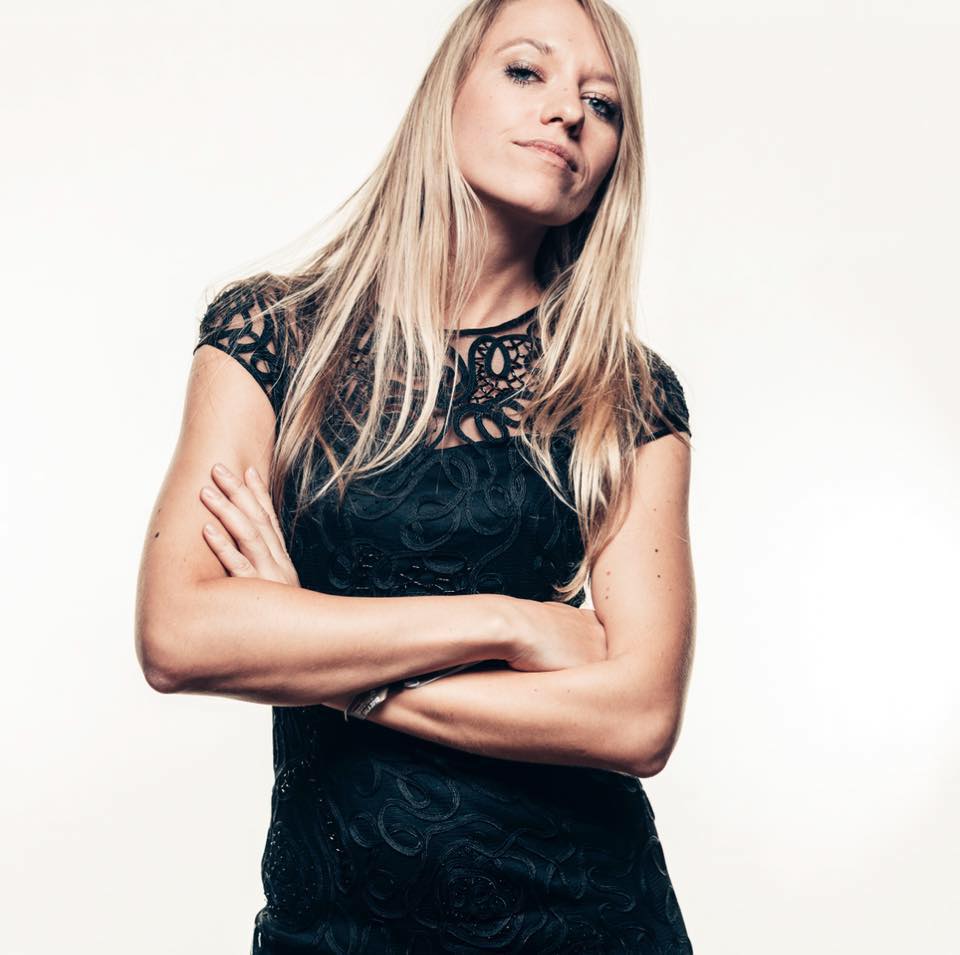
You must live in the digital world, be interested in ‘the newest thing’ and read a lot. A big part of my job is sharing this knowledge with my team. We work off one another and constantly have conversations that build on each other’s ideas, like “I saw this and this, this is how we can combine them and then we can do that; no one has done that before.” We also communicate a lot with team members from other countries, that’s another resource. They give us ideas that inspire new ways of thinking, because people do things differently in different places. And you also have to keep lifelong learning as a huge component: go to conferences, training, workshops and network with people from your industry, especially those in startups who are coming up with great new ideas we haven’t thought of yet.
What are the pros and cons of working in a digital world?
I think it’s both a pro and a con that everything is becoming faster! On the one hand it can be great, like when you can check into your flight and get your ticket on your phone; before you had to do it in person and it took much more time. On the other hand, it means you need to keep up that pace; people want to constantly see new things, they are used to having options, especially teens, who are one of Coca-Cola’s main target groups. So, I would say working in digital is all about creating time and giving people options to use their time. I sometimes wonder what will happen when we eventually have to hit the brakes.
What are your thoughts on working with influencers?
We work very closely with influencers; they are really important. For us they offer the best way to reach our target audience. I’m not only talking about the big ones, but also about smaller, micro influencers. These people have such a relevant follower base and their followers trust them so much, they’re like big sisters or big brothers. And they’re telling their followers what to do and what’s good.
The potential to work with influencers varies from market to market. You can expect oversaturation and you have to ask, “what is the next step?” You see, everyone uses influencers the same way.
So in 2018, we took our two biggest influencers in Austria offline. We ran a 360 campaign which started online, of course, on their channels. We had a national consumer promotion on our packs where customers could win those “wow” moments and go rafting or skydiving or do other cool activities. Then we thought: why not let the influencers experience those in an online video we can use in our ads so customers can see what it’s really like. For the people who knew the influencers, it was added value, and for those who didn’t know they were two handsome guys who were doing crazy stuff. We also took it a step further by not only using the material on our social channels but also on our other online and offline channels throughout the country.
We hired huge billboards in Austria with our influencers on them and we got a great reaction. Teens were taking all kinds of selfies with them and were really excited that their idols weren’t only online but also offline and even on TV. I think that’s the direction we should start moving in when it comes to influencers: how can we reshape their world and how can we work with them in different ways.
What have your biggest failure and biggest win been?
My biggest win was actually the influencer campaign I mentioned; it was really huge in Austria, everyone went crazy. You know, when you earn trust through digital channels, everyone starts to see how important digital is. After that campaign, it dawned on people that influencers are really impactful when used in the right way. For us that was already clear as we work with them daily, but when there is a campaign of this magnitude it also becomes clear to many people who don’t work on a regular basis in the digital world. I think that was the biggest breakthrough we had.
And the biggest, failure… something else I’ve learnt working with Coke is that failure is basically just another learning opportunity. When I started working at Coca-Cola, I was Project Manager for WOAH: “Where Only Awesome Happens”. This app and associated website offered a curated selection of local and international content on lifestyle, travel, food, music and entertainment topics targeting millennials. It took off and went well but after a while, we realized that what we wanted to achieve with the app was something completely different to what we had built within the app. So, we decided to take it offline, even though we had worked really hard on the project. In that situation you need to come up with something new that works for what you need. You need to compile all your learnings and make something great out of them.
Finding Career Success at EU Business School
Nathaly’s BBA at EU’s Barcelona campus set her up for an exciting, fast-paced career at Coca-Cola. To accelerate your own success, explore the programs we offer at EU Business School from bachelor’s to MBA level at our campuses in Barcelona, Geneva, Montreux, Munich and online. Our faculty are business professionals who teach both theory and practical knowledge to help you hit the ground running after graduation.


